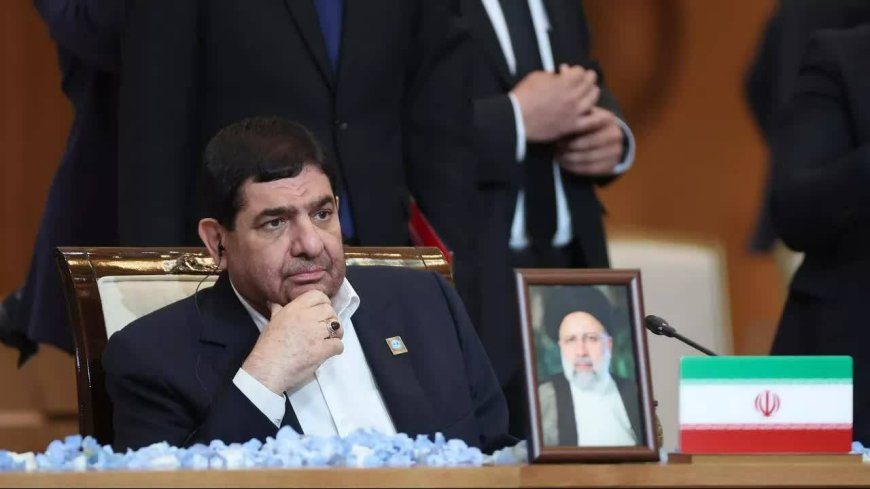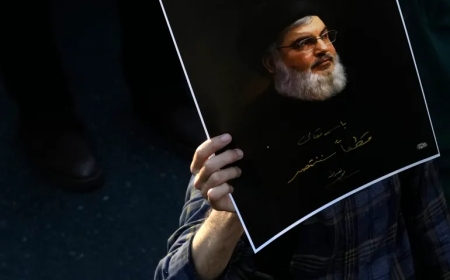Iran’s Rising Position in the SCO: Countering NATO's Western Hegemony?

The Shanghai Cooperation Organization (SCO), which was recently held in Kazakhstan, has marked a pivotal juncture in international relations. Kazakhstan, in its role as the rotating chair, has made significant strides in fostering deeper connections among its member states and broadening the scope of cooperation within the organization.
The gathering saw participation from 15 nations, including Iran, Russia, China, Kazakhstan, Kyrgyzstan, Pakistan, Tajikistan, Uzbekistan, Mongolia, the Republic of Azerbaijan, the United Arab Emirates, Qatar, Turkey, and Turkmenistan.
An Expanding Shanghai Cooperation Organization
This SCO summit was notable for the presence of three distinguished guests: António Guterres, Secretary-General of the United Nations; President Recep Tayyip Erdoğan of Turkey; and President Ilham Aliyev of Azerbaijan. Their attendance underscored the SCO's growing influence and its ambitions to extend its cooperative reach and invite new members into its fold.
In a significant development, Belarus' membership was made permanent, making it the tenth permanent member of the SCO. This inclusion comes amidst the West and NATO's relentless efforts to exert political and economic pressure on Russia and its allies. The incorporation of Belarus into the SCO serves as a testament to Russia's adept maneuvering in the geopolitical landscape, securing its key ally amid the ongoing Ukraine conflict. This move sends a resounding message to the West: an alternative power bloc is emerging, one that is not easily cowed by Western coercion.
Addressing Regional Stability and Human Rights
The summit also focused on the situation in Afghanistan, with proposals to establish a regional sustainable development center led by the United Nations in Almaty, Kazakhstan, and efforts to monitor and improve human rights conditions in the country. Despite the absence of an Afghan representative, the attention given to Afghanistan highlights the SCO's intention to take on a more proactive role in regional issues, thereby enhancing its credibility.
Kazakhstan, during its presidency, presented comprehensive plans to bolster energy security, transportation and transit infrastructure, and digital transformation. Significant emphasis was placed on transportation projects such as the China-Europe railway route and the Trans-Caspian International Transportation Route (TITR). Additionally, a proposal was made to create a joint investment fund using the facilities of the Astana International Financial Center to support regional economic projects under SCO supervision. Other key outcomes included the endorsement of an anti-narcotics strategy for 2024–2029 and the updating of the cooperation plan for combating terrorism, separatism, and extremism for 2025–2027.
Evolving the SCO: From Security to Multilateral Cooperation
Kazakhstan’s efforts aim to elevate the SCO from a security-focused entity to a robust multilateral organization centered on regional economic cooperation. The members' proposals reflect global priorities and regional needs, advocating for enhanced collaboration to achieve broader, more integrated partnerships.
Multilateral meetings among SCO members, such as those between President Putin and President Xi and Mr. Mokhbar and President Putin, demonstrate the organization's active role in resolving regional issues and increasing bilateral and multilateral cooperation. This convergence of perspectives among member states fosters an environment conducive to greater cooperation and constructive interactions.
Cultural Diplomacy: A Strategic Opportunity for Iran
Furthermore, SCO members are exploring mutual cooperation in cultural fields, presenting a unique opportunity for Iran to play a pivotal role. Iran's rich cultural heritage positions it as a cultural hub within the SCO, capable of fostering cohesion from China to Russia without engendering contradictions or conflicts. Iran can elevate Eastern cultural values, presenting a counter-narrative to Western ideologies dominated by NATO. Consequently, Iran is poised to become a key cultural actor within the SCO, promoting Eastern values and contributing to the organization's further expansion. This cultural dimension, combined with the economic benefits of SCO membership, offers a significant opportunity for transformative change, steering member countries away from Western values. Iran represents an unparalleled opportunity in this regard.
In conclusion, the recent SCO meeting in Kazakhstan signifies a critical advancement for the organization. Through strategic initiatives and enhanced cooperation, the SCO is poised to assert itself as a major force in regional and global affairs, offering a formidable counterbalance to Western hegemony.













































